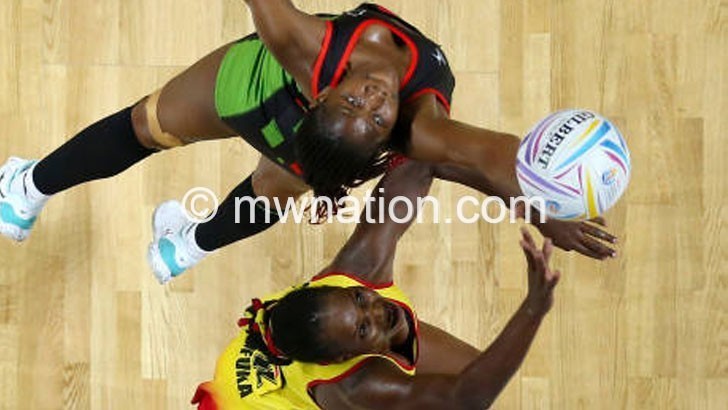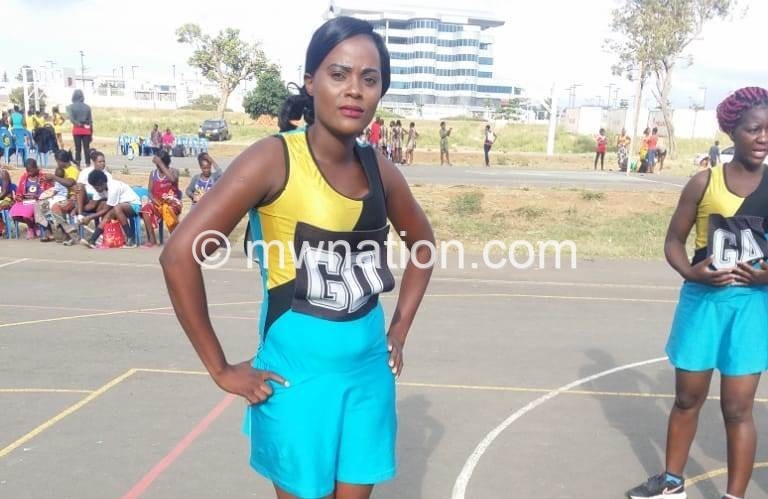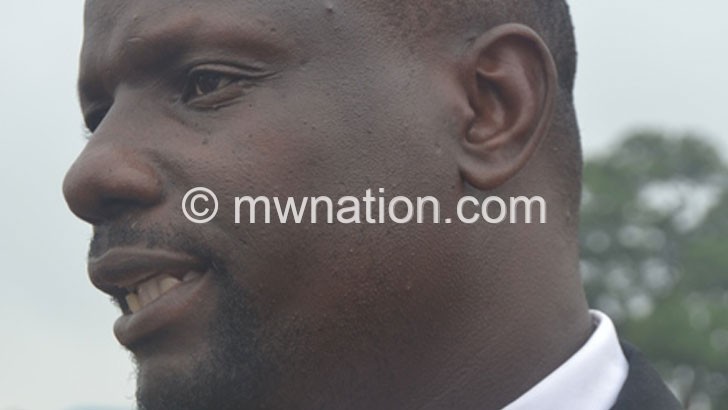Ugly side of Malawi football
No amount of light could make the Football Association of Malawi (FAM) elections venue, Sunbird Livingstonia Beach Hall in Salima, clear. Not with ‘dark’ faces of 60-plus men outnumbering the few womenâ€â€five to be preciseâ€â€on December 17 2011.
FAM elections spoke volumes of women segregation in Malawi’s beautiful game, which badly lacks beauties. And the women’s worst enemies are themselves, but largely men and cultural barriers.
It is discouraging that at a time when other spheres have made strides in embracing gender equality, it is not the case in Malawi football administration. Among the few women at the FAM annual general meeting was Flora Mwandira, who was just a delegate.
Another woman, Suzgo Ngwira, after trying hard needed a re-run following a tie on five votes with Paul Mzungu, to finally bow out. With nine men elected in FAM executive committee, the only hope for some semblance of gender balance is the association’s Article 32 sub-section 2.
“If there is no woman elected into the executive committee, the executive committee shall at its meeting immediately following such election appoint a woman into the executive as a co-opted member. In such a case, the composition of the executive shall be 10,†it reads.
One out of FAM’s nine seats is far from calling it gender balance. Out of 15 Super League football clubs, there are either one or two women holding insignificant positions out of an estimated 1 050 positions for administrators, coaches, doctors and players.
One of the few voters at the FAM elections, Winnie Nyondo from the National Women Football Committee was candid enough, pointing fingers at women themselves over ‘pull-her-down†syndrome for the poor representation.
Women football trail-blazing administrator, David Dube seemed to agree. He said women’s weak representation in football has contributed to the lower standards of sports in Malawi as “mothers are big models to children in lifeâ€Â.
“Men are first culprits, women themselves are second and cultural barriers are third. Men should perceive women as fellow able-bodied people. Women should stop wearing an inferior heart towards men in sports. Cultural barriers should positively be understood to debar anyone,†said the DD Sunshine FC owner.
“It would be difficult to work with women if you do not appreciate their strong and weak corners. Women cannot mostly work together on their own because they easily drift into cheap comparisons, ending themselves in gossips. Gossips break everything they build,†he said.
Fifa referee Bernedetter Kwimbira blamed men’s discrimination of the few women in sports, saying “women’s access to positions of leadership and decision-making is constrained from the community level to the national level in all the so-called male-dominated sports such as football.â€Â
Kwimbira, who has more than once been a victim of fans’ attack and insults after officiating games, blamed society for looking down upon women involved in sports as “looseâ€Â.
Sports administrator Georgina Msowoya of Mzuzu shared the notion that “culture is hindering women and those in sports do not encourage the others to be doing sports because, they want everything for themselves.â€Â
Elsewhere in Africa, women hold powerful football positions. Lydia Nsekera is Burundi’s Football Association president. Henrita Rushwaya was until recently Zimbabwe FA CEO. South Africa has Mato Matlala who owns Golden Arrows FC whereas Jessica Motaung is Kaizer Chiefs’ marketing manager.
Tiwonge Ng’ona of the Guardian newspaper believes there is also segregation in Malawi sports journalism. She said: “The problem is the environment. It does not promote deliberate opportunities for female sports writers.â€Â
Discrimination occurs when a person treats or proposes to treat another person less favourably, states University of Pretoria’s advanced sport business management certificate module.





